Division line drawn by U.S.-led group will complicate global environment: Experts
The confrontational approach and division line drawn by the United States-led Group of Seven will further complicate the international environment and pose a real threat to regional stability, experts say.
The statement by the G7 Japan summit on China reflects increasing block politics, geopolitical and geoeconomic fragmentation, said Chheang Vannarith, president of the Asian Vision Institute, an independent think tank based in Phnom Penh, Cambodia.
The G7 comprises the U.S., Canada, the United Kingdom, France, Italy, Germany and Japan.
"We see more of the division line between the West and … especially here China. This is a very dangerous development," said Chheang, noting such fragmentation will disrupt everything from security to socioeconomic development.
During their summit in Hiroshima from Friday to Sunday, the G7 leaders issued strong words on China, covering topics ranging from the Taiwan Strait, the South China Sea to Xinjiang and Tibet. They also stressed the G7's opposition to "economic coercion" that was directed at China though the seven are much more involved in sanctions and protectionist measures.
Kazuteru Saionji, a visiting professor at Higashi Nippon International University in Japan, said the era of the United States and other G7 nations controlling world politics, economy and military should come to an end because the U.S. is conducting atrocities deliberately undermining free trade and the world economic division of labor system by dragging the G7 bloc to suppress China.
"The sarcastic part of that, however, is that the U.S. has been trying to jeopardize the Chinese economy through various means, including trade wars, but the ever-growing China-U.S. trade in itself demonstrates that U.S. businesses and people need trade with China," Saionji added.
Digby James Wren, a political analyst and senior special adviser of the International Relations Institute of the Royal Academy of Cambodia, said there should be serious concerns about the idea that the G7 is increasingly militarizing the Western Pacific region by using threats from China as an excuse, whereas China's position toward peace and dialogue has been very constant.
"The G7 is looking more and more like a small clique of former imperial powers," said Wren.
Hypocritical statement
Terming the G7 statement about building "constructive and stable relations with China" hypocritical, Wren said he expects the G7 to move further from economic suppression to controlling supply chains and even setting up standards, which may "hook other emerging economies" so that they can only trade under those noncompetitive and restrictive standards.
On the G7 leaders' pledge to intensify support for Ukraine, Wren said, maintaining war with Russia is also part of their strategy to weaken Russia and strengthen their position, Wren said.
Yuki Izumikawa, head of the business department of the Japan Association for the Promotion of International Trade, said G7's attempts to interfere in international affairs will only increase tensions in the world.
"In the past, due to the huge gap in national strength between developed and developing nations, the global trends and the international order were set up with developed countries taking the lead. But now that is no longer the case, as it is no longer an era where G7 countries can represent the whole world," said Izumikawa.
Noting the U.S. has launched an economic war against China's development, Yuji Hosaka, a professor at Sejong University in Seoul, said the U.S. and Japan have also benefited from China's rapid growth and it is not a desirable attitude to unilaterally criticize and check China's economic growth.
"South Korea and Japan are acting as the U.S. wants to. It is under the guise of the value of solidarity of countries centered on the value of freedom," said Hosaka, noting the aim of the summit is to criticize the solidarity of countries with different values, and, in particular, to check China's economic and military growth as well as the expansion of its global influence.
Though Japan and the U.S. were clearly trying to steer the G7 into talking about Ukraine and particularly China, Henry Chan, visiting senior research fellow at the Cambodian Institute for Cooperation and Peace, said their attempt "did not succeed so much" because the communique showed that many attendees felt the global economy was as important as politics and multilateralism was the way forward.
Atsushi Koketsu, emeritus professor at Yamaguchi University of Japan, said the G7 has descended into a group of old-fashioned countries clinging to the so-called established international political order.
"With the international community moving forward to pluralism, the G7's relentless efforts to go against the trend of the times will undoubtedly cause imbalance and injustice in the international community," said Koketsu.








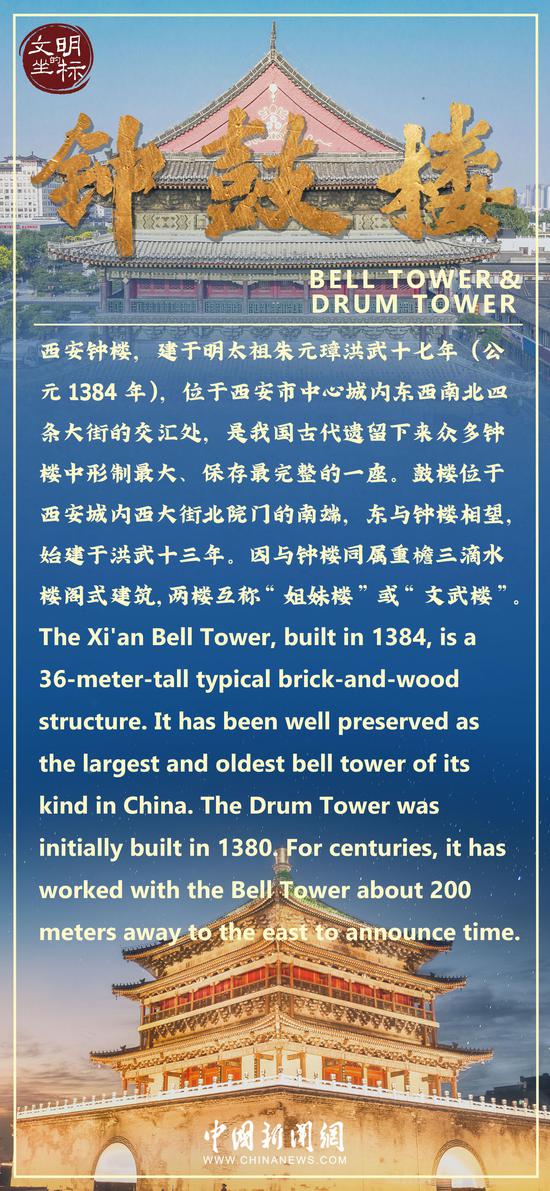

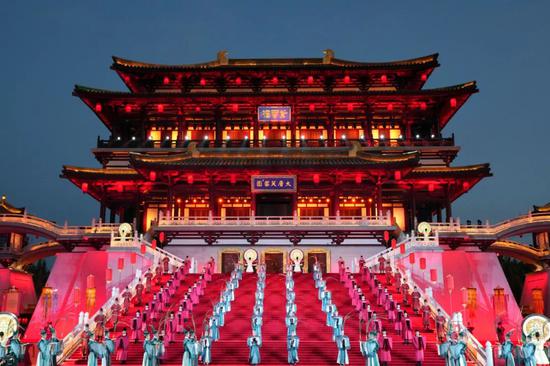


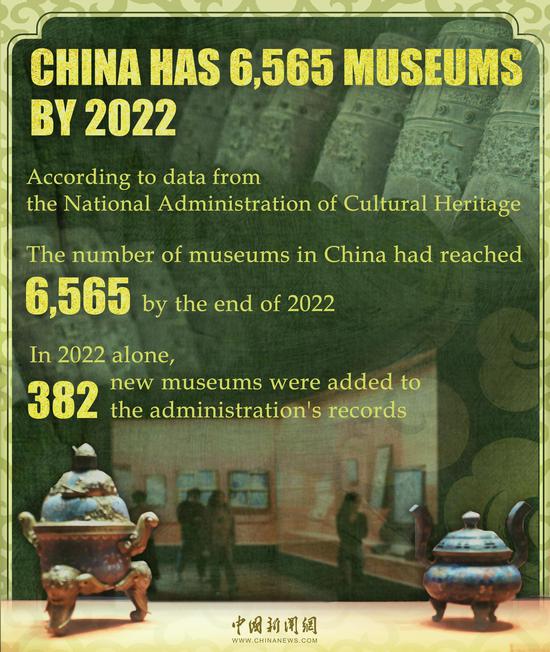


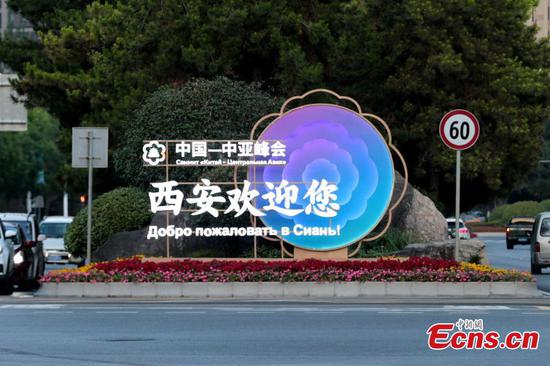


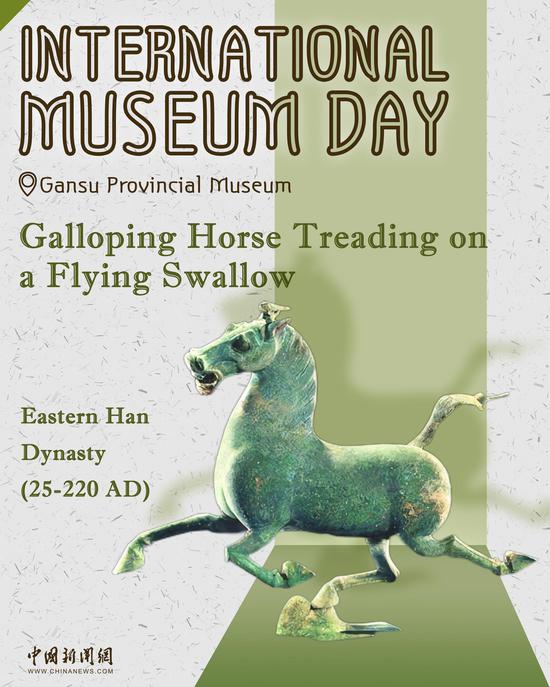

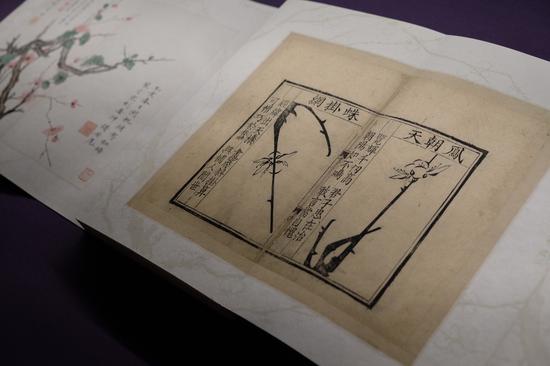
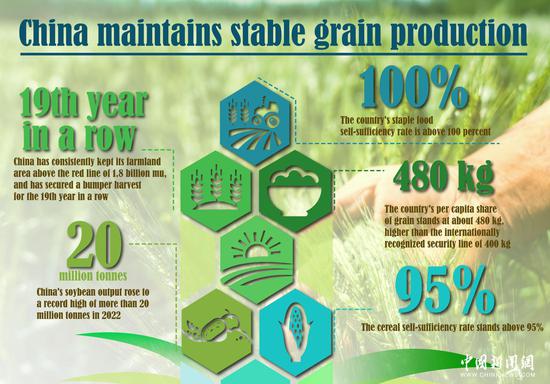
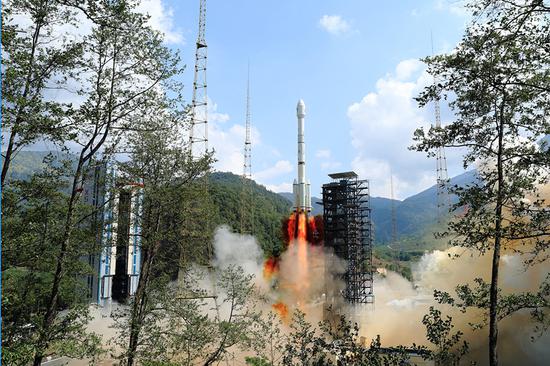


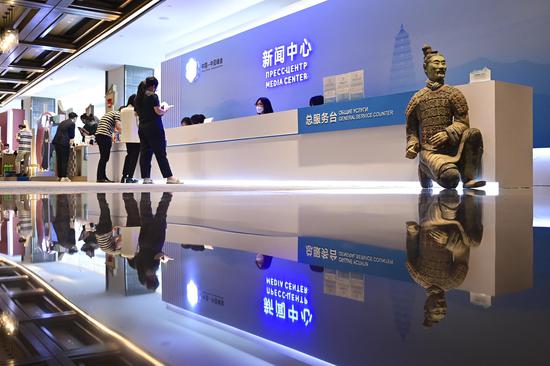







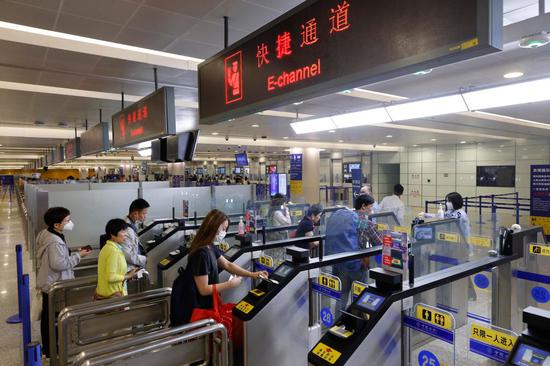


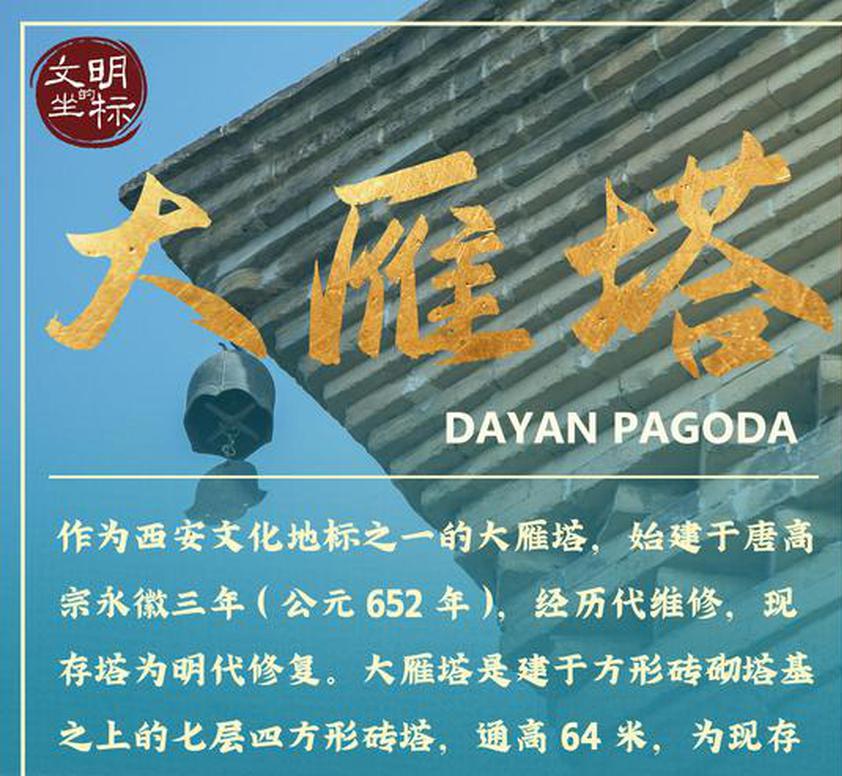
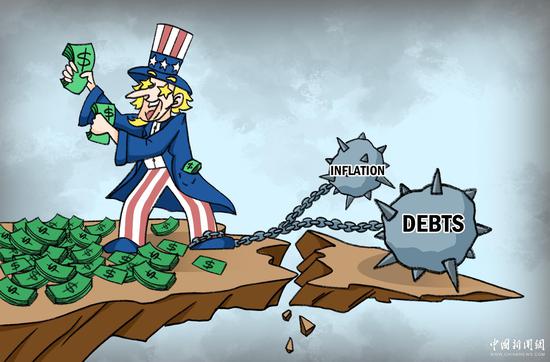
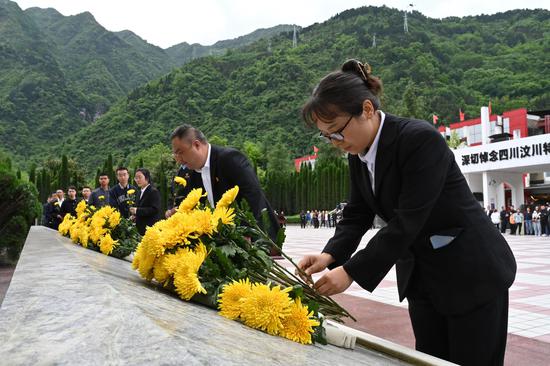

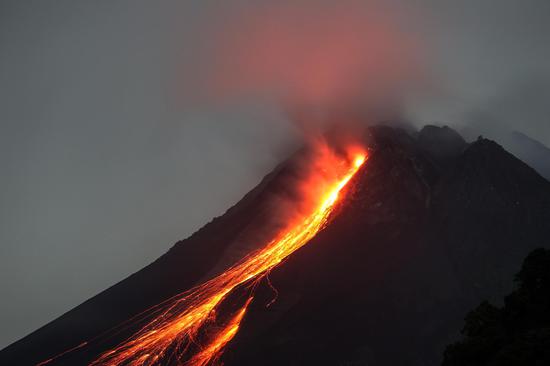
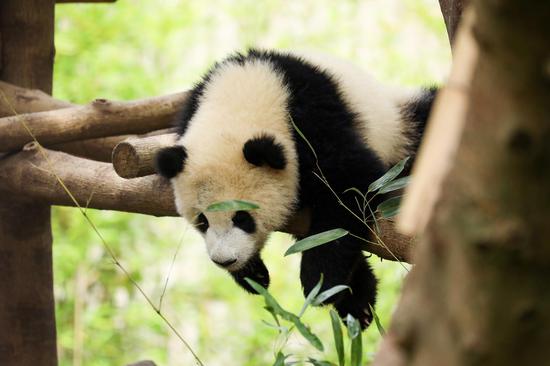







 京公网安备 11010202009201号
京公网安备 11010202009201号